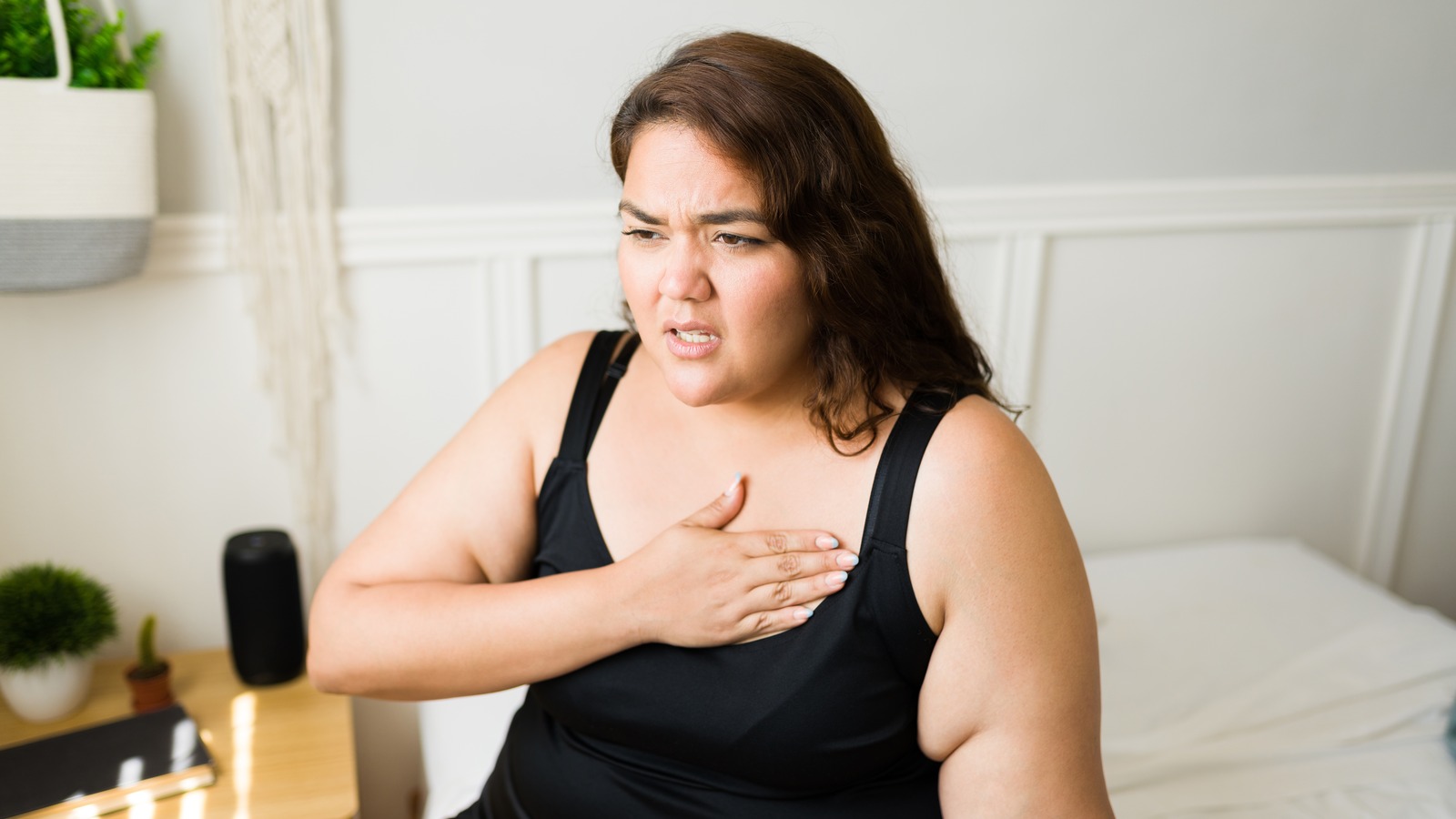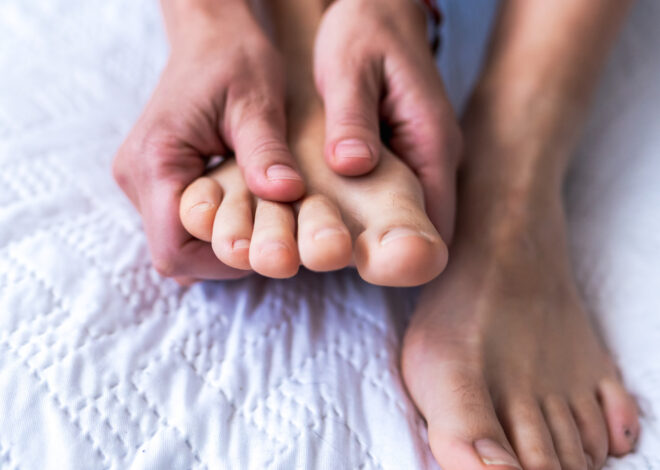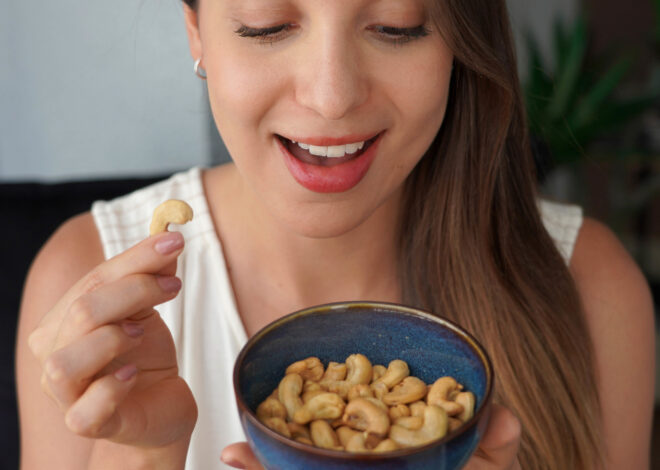
What It Means When You Wake Up With A Racing Heart – Health Digest

How much alcohol you might have had the night before could affect your morning heart rate. A 2020 meta-analysis in the Cochrane Database of Systematic Reviews found that drinking a standard drink can elevate your heart rate by 5 beats per minute for up to six hours after drinking. Drinking more than that can increase your heart rate for up to 24 hours.
Excess sugar or refined carbohydrates in your diet can also have an impact on your heart rate. These simple carbs will hike your blood sugar, and your body releases cortisol because it thinks you’re under stress. Not only will you feel a surge in your heart rate but may also feel some sweating (via Healthline).
Other drugs such as nicotine or caffeine the night before can impact your sleep and, subsequently, your heart rate the next morning. According to the Sleep Foundation, keeping an eye on your caffeine, alcohol, and nicotine intake in the evenings can reduce the likelihood of waking up with a rapid heart rate. You might want to track your heart rate the morning after you’ve used any of these drugs to monitor how your heart rate differs from other mornings.


